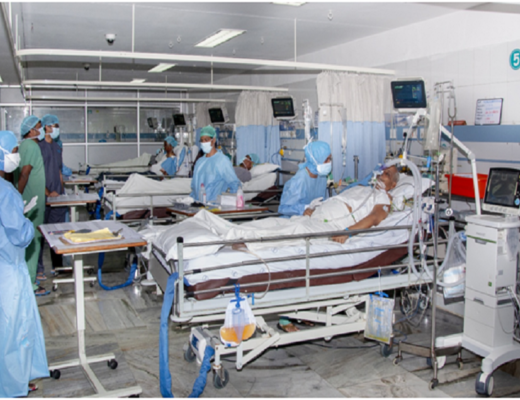A spine surgery is an effective way to address various spine issues. However, the procedure can be an intimidating experience, filled with uncertainties. One of the best ways to ease the worries is to communicate comprehensively with the neurosurgeon. Achieving this requires you to ask all critical questions that will provide valuable information.
Here are the questions you must ask a neurosurgeon before your spine surgery.
1. What’s your experience and specialization?
The success of your spine surgery will depend on the neurosurgeon’s experience. Therefore, inquire about the surgeon’s expertise in performing the specific type of spine surgery you need. You can know this by checking the surgeon’s credentials and their years of operation. For instance, most patients prefer the most qualified neurosurgeon boise, due to their vast experience.
Moreover, ask for references of patient testimonials who have undergone similar surgery with the same surgeon. Hearing about their experience will give you more insight and boost your confidence in the surgeon.
2. Am I a candidate for spine surgery?
Not everyone with back pain is a good candidate for spine surgery. That’s because some spine issues can’t be relieved with surgery. Also, surgery is unsafe for some patients with back problems as it can cause chronic health conditions.
As such, asking for a recommendation from your neurosurgeon is essential. The specialist will examine you and exhaust all nonsurgical measures before surgery. And they will explain the benefits, alternatives and risks of the surgery.
3. What can I do to enhance the chances of surgery success?
The neurosurgeon will apply their skills to ensure your surgery is a success. But you can also enhance your surgery’s success by using various techniques such as:
- Get a healthy body weight: A healthy weight helps your health and wellness and improves surgical outcomes. If you’re overweight, your surgeon will direct you to lose weight before the procedure.
- Stop smoking: Using tobacco or nicotine products will cause surgical complications such as blood clotting. Also, it affects the way your bones heal or fuse, leading to improper healing and symptom relief.
- Manage diabetes: Your surgery will be riskier if you have diabetes. You’ll be prone to cardiovascular complications, infection, and issues with wound healing. Therefore, it is essential to manage your diabetes by seeking help from your care provider or diabetes educator.
1. What are the goals of the surgery?
Initiate an open conversation with your surgeon about the goals of the surgery. Some of the plans include preventing additional damage or relieving pain. Knowing the objectives will lower anxiety and help you in defining surgical success.
2. What is the expected recovery period?
You need to know the amount of time you’ll spend healing. The information will help you schedule your activities or have someone take up your responsibilities. So, ask the surgeon about the recovery time to know when you can resume work.
Additionally, ask if you’ll need physical therapy or rehabilitation. Knowing how physical therapy integrates into your recovery process can help you prepare mentally and physically.
Conclusion
Open communication with the neurosurgeon before spine surgery is crucial. It boosts your confidence, lowers anxiety, and helps you achieve better surgical results. Asking the above questions will help you achieve effective communication and clarifications from your neurosurgeon.




